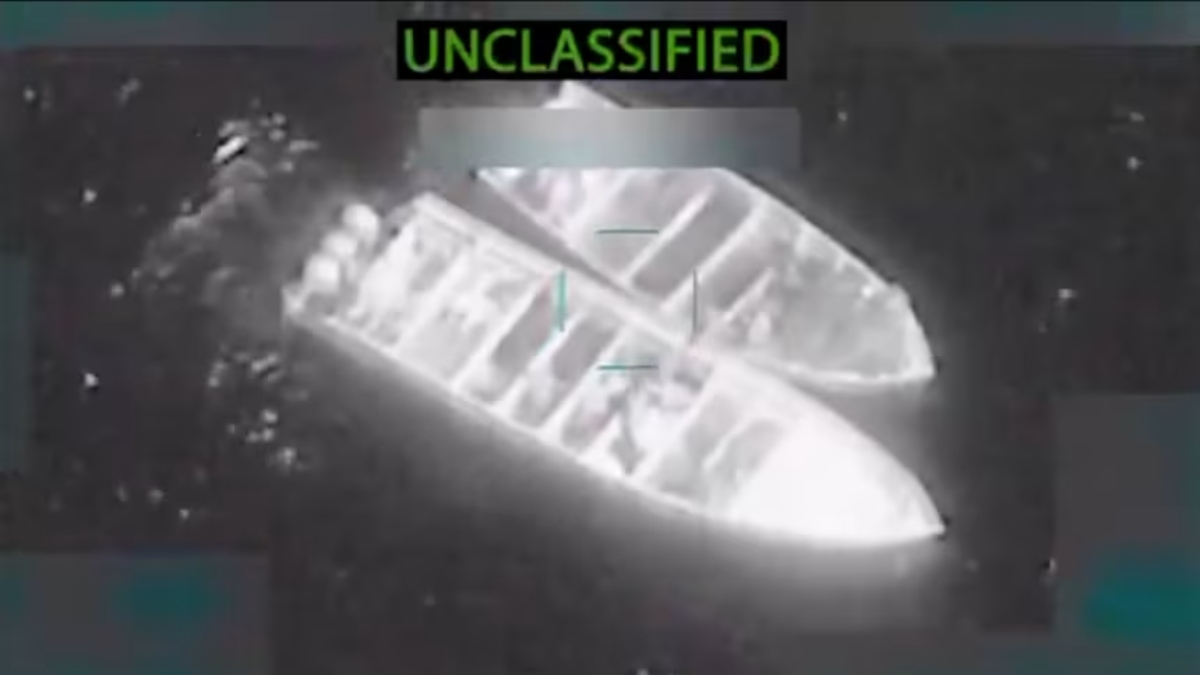The United Kingdom has stopped sharing intelligence with the United States on suspected drug trafficking vessels in the Caribbean, citing concerns that it could be complicit in US military strikes, which British officials consider illegal, according to a CNN report, citing sources.
This move represents a notable break with its closest ally and intelligence partner and highlights growing doubts in London over the legality of US operations in the region.
For years, the UK, which maintains intelligence assets in several Caribbean territories, has helped the US track suspected drug-carrying ships so the US Coast Guard could intercept them — boarding vessels, detaining crews, and seizing drugs.
Typically, this information was sent to the Joint Interagency Task Force South in Florida, a multinational body focused on curbing illicit drug trade.
However, after the US began carrying out lethal strikes against these boats in September, the UK grew concerned that its intelligence could be used to identify targets. The strikes, which have resulted in 76 deaths, are seen by British officials as violations of international law.
The suspension of intelligence sharing began more than a month ago, said the report, citing the sources.
The UN human rights chief, Volker Türk, said last month that the US strikes violate international law and constitute “extrajudicial killing,” a view shared by the UK, sources told CNN.
Before the US military began destroying suspected drug trafficking boats in September, anti-narcotics operations were led by law enforcement and the US Coast Guard, where smugglers and cartel members were treated as criminals entitled to due process — an approach the UK supported, the sources said.
However, the Trump administration has maintained that such strikes are lawful, arguing in a memo to Congress that suspected traffickers pose an imminent threat to Americans and qualify as “enemy combatants” engaged in an “armed conflict” with the United States.
Quick Reads
View AllThe Justice Department’s Office of Legal Counsel issued a classified opinion supporting the Trump administration’s position, CNN reported, while Trump also designated several drug cartels as “foreign terrorist groups.”
The White House maintains that its actions “comply fully with the Law of Armed Conflict,” which is meant to protect civilians during wartime.
However, according to CNN, legal experts argue that the law still applies to civilian traffickers and that labeling a group as a terrorist organisation does not justify lethal force. Some boats struck by the US were stationary or retreating, undermining claims that they posed an imminent threat, added the report.
Senior defence officials have also questioned the legality of the strikes.
Adm. Alvin Holsey, head of US Southern Command, reportedly offered to resign after raising concerns in a meeting with Defence Secretary Pete Hegseth and the Joint Chiefs of Staff. Holsey is set to leave his post in December, just a year into his tenure.
Pentagon lawyers have also voiced doubts, with several current and former military attorneys telling CNN the strikes appear unlawful. Hegseth’s spokesperson has denied any internal dissent.
Canada, a long-time US partner in anti-drug operations, has similarly distanced itself from the military campaign.
While it continues to work with the US Coast Guard under Operation Caribbean, Canadian officials have made clear they do not want their intelligence used to support lethal strikes.
A Canadian defence spokesperson said last month that the country’s operations with the Coast Guard are “separate and distinct” from US military actions.
With inputs from agencies
)